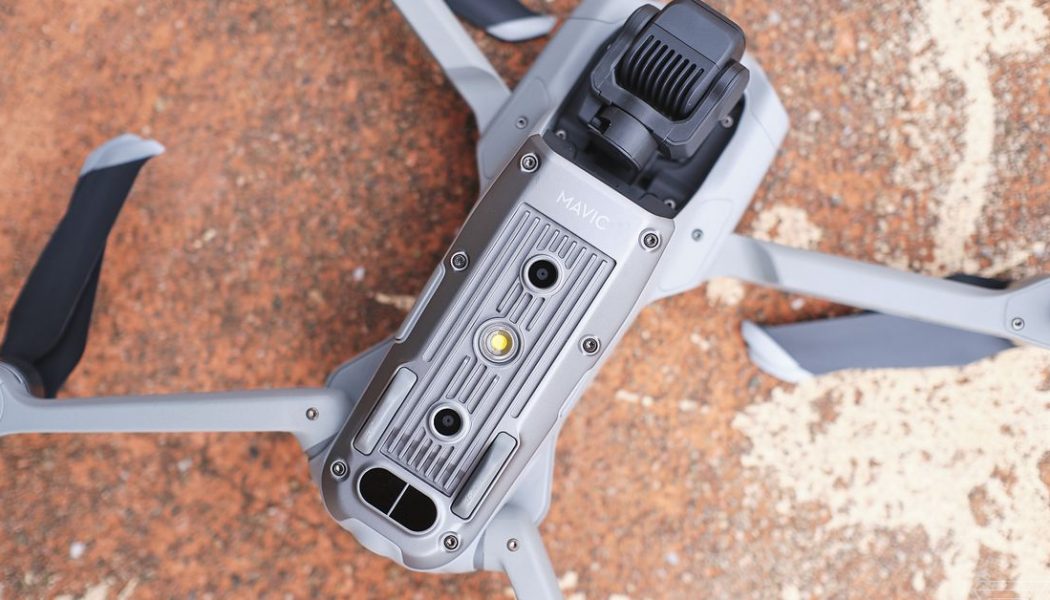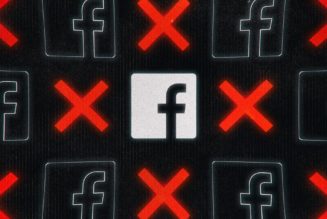
Last week, the US Department of Commerce put Chinese drone maker DJI on its Entity List, limiting how it can work with US companies. The news startled DJI’s huge American user base, including companies that rely on DJI for entire fleets of commercial drones. But it’s likely less onerous than it initially sounded — even if, like many Trump administration decisions, it comes with a dose of uncertainty.
The Trump administration has repeatedly used sanctions to crack down on Chinese tech giants, sometimes on nebulous or disputed grounds. It banned US companies from dealing with Huawei and ZTE, and it’s pursued confusing, legally ambiguous bans on the Chinese social apps WeChat and TikTok. While the Entity List is primarily meant for restricting companies that threaten national security, DJI is being censured for enabling “wide-scale human rights abuses within China,” following reports that it provided surveillance drones for Chinese detention camps.
Completely banning DJI drones would be a catastrophic blow to the industry — but early indications suggest that’s not happening. DJI dominates hobbyist and commercial small drone sales, thanks to its comparatively low prices, sophisticated designs, and early entry to the market. “It’s the equivalent of taking Apple out of the smartphone game,” says Daniel Windham, a geographic information system (GIS) specialist who works with DJI drones.
After the announcement, however, DJI asserted that Americans could still buy its products. “DJI is disappointed in the US Department of Commerce’s decision. Customers in America can continue to buy and use DJI products normally,” the company said in a statement.
That tallies with other companies’ interpretation of the order. “The challenge with the order has been just figuring it out,” says Mike Winn, CEO of drone data analysis company DroneDeploy. “Our understanding, after talking to lots of experts and lawyers, is that US companies are restricted from exporting US technologies.” Companies can get around this by applying for a license — something that has allowed Intel, for instance, to continue working with Huawei. “I think in the short term, we don’t see a big problem here.”
Limiting engagement with DJI could still cause trouble for companies that sell components to the company, and it could force DJI to adapt its supply chain. But for people buying, using, and reselling the drones, it would be less of a problem. “Often, this type of order restricts a foreign company from purchasing US products. If that is the case, there would be zero impact,” says Kerry Garrison, general manager of drone vendor Multicopter Warehouse. Garrison notes that the federal government had already placed restrictions on buying the Chinese-made drones, although it could cause larger problems if the government bans using federal grants to buy them. “At this time, we simply don’t have enough data yet to really know for sure what this will all amount to.”
The Trump administration announced its ban just a month before President-elect Joe Biden is set to take office, and it’s unclear what tack Biden will take toward the drone maker. But Martin Chorzempa, a research fellow at the Peterson Institute for International Economics, believes there’s not much political appetite for loosening restrictions on China. “Any of these actions that they would reverse would have a political cost,” Chorzempa says. And since DJI isn’t accused of violating a concrete sanctions rule or creating a specific technical vulnerability, there’s not a simple fix for getting taken off the list.
Even if the ban stands, though, DJI’s business may be unusually well-structured to withstand cutoffs. “While I’m sure there’s going to be some changes for DJI, they are a very highly vertically integrated company and they produce a lot of their own hardware,” says Winn. DJI’s drones benefit immensely from US-made software applications, but these are built on top of DJI’s own software development kit. It’s not tied to an American-made operating system the way that phone maker Huawei depended on Google — a dependence that has locked phone buyers out of popular Android apps.
Some competitors have nonetheless hailed the DJI ban as an opportunity. The decision “sends an unmistakable signal to the marketplace: companies should think twice about doing business with a known violator of human rights,” said Brendan Groves, the policy head at rival drone company Skydio. Similarly, open-source drone platform Auterion argued that the blacklisting would make “every transaction” with DJI a legal risk, pushing businesses toward US-made alternatives.
But Winn doesn’t think DJI will be supplanted anytime soon. “We think it’s very exciting that there are more options. But the reality is that DJI has about 75 percent market share.” If it were truly shut out of the American market, it would leave a “big, big hole” to fill. “We don’t yet know of a company that could do that,” he says.









